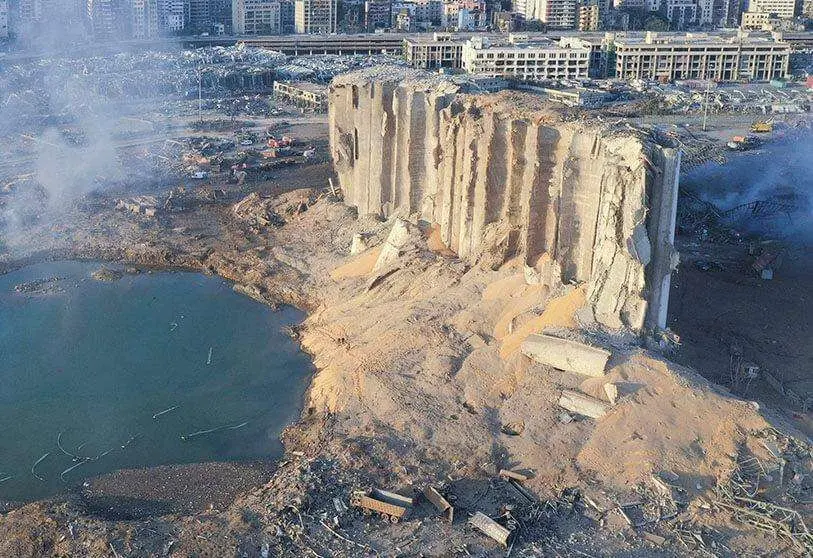Marruecos envía un hospital militar a Líbano para tratar a los heridos de la explosión de Beirut

King Mohammed VI of Morocco today ordered a military field hospital to be sent to Lebanon, among other medical aid, to treat those injured in the explosion that destroyed the port of Beirut on 4 July, killing at least 137 people and injuring 5,000.
The official Moroccan agency MAP said that the hospital's staff consists of 100 people, including 14 doctors of various specialties (rescuers, surgeons, traumatologists, ophthalmologists, neurosurgeons, pediatricians and pharmacists), specialized nurses and support staff.
The hospital will house operating theatres, inpatient units, radiology and sterilization units, a laboratory and a pharmacy.
Moroccan aid also includes first-aid medicines, foodstuffs (canned food, pulses, powdered milk, oil and sugar), and tents and blankets for the accommodation of affected people.
The source underlined that as part of this solidarity operation, four planes have already taken off today from Mohammed V airport in Casablanca and two others from Kenitra military base, north of Rabat, towards Beirut.
However, the Lebanese embassy in Rabat said in a statement that the Moroccan aid includes 295 tons of food, 26 tons of medical equipment and medicines, including six tons of equipment and medicines to fight against the Covid-19.
Last Tuesday's explosion, which followed a fire suspected to be linked to a second detonation for reasons not yet determined, resulted in the deflagration of 2,750 tons of ammonium nitrate, according to the Lebanese government.
The detonation generated a huge shock wave that affected thousands of homes and buildings by destroying glass and walls, causing casualties and leaving some 250,000 people homeless.







